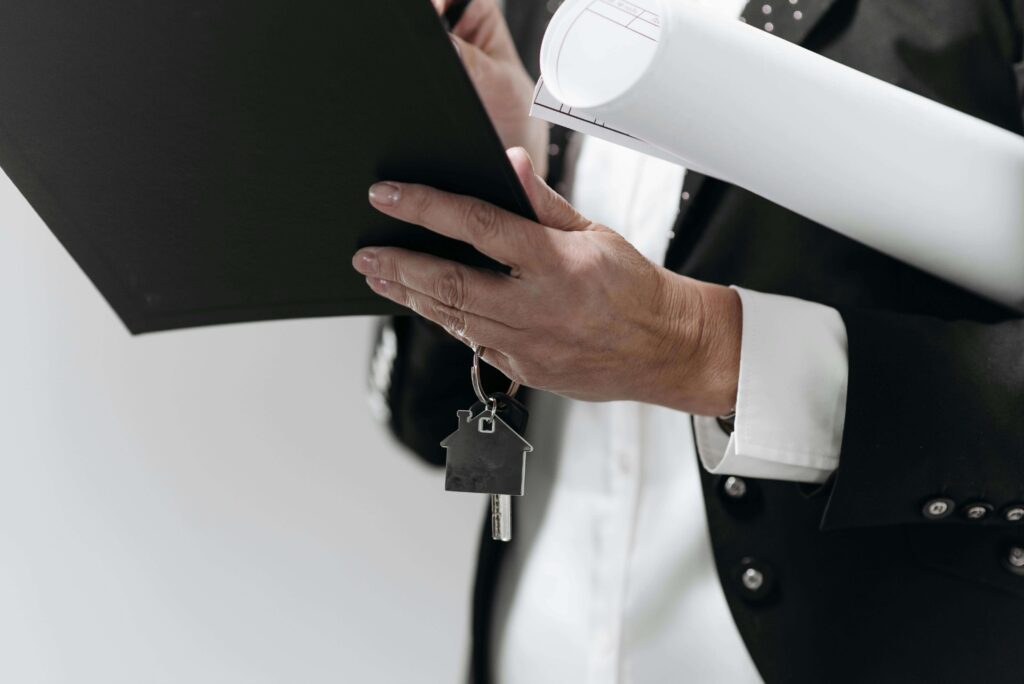As a self-employed individual, you may be concerned about your mortgage eligibility. There are a number of misconceptions about getting a mortgage when you’re self-employed.
However, it is actually possible to get a mortgage as a self-employed person, and at Barlow Irvin, we’re here to help you understand the requirements.
How being self-employed impacts you getting a mortgage
The main difference being self-employed when making a mortgage application is that you may be required to show more evidence of reliable income. Many lenders will require that you show 2 or more years of reliable income whilst self employed.
This shows them that you consistently see a certain amount of money coming in, and you’ll likely be able to keep up with payments. You’ll still be applying for the same mortgage as everybody else, whether you’re a first time buyer, remortgaging, or otherwise.
When are you considered self-employed by a mortgage lender?
The definitions of what makes a person ‘self-employed’ varies hugely. In the eyes of a mortgage lender, you’ll usually be considered self-employed if you own 20%-25% of a business or organisation which contributes as your primary income.
This may vary depending on the lender, but this is the most common range of figures.

Self-employed mortgage criteria
Whilst the specific requirements for securing a mortgage whilst self-employed can vary between lenders, there are some practices to follow and criteria to meet which give you the highest possible chance of success:
- Provide evidence of at least 2 years income – As a self employed individual, your chances of securing a mortgage are much higher if you can provide evidence of at least 2 years steady income. Deviations or inconsistencies in this may work against you.
- Save a deposit – Like with most mortgage types, you’ll be much more likely to secure a good deal by getting a lower loan-to-value ratio (LTV).
- Standard mortgage application criteria – You’ll be checked against your credit score, provide identification documents, prove that you can pay the deposit, and more.
How many bank statements do you need for a mortgage if you’re self-employed?
If you’re self-employed, you’ll generally need around 6 recent months of personal and business bank statements to show your in and outgoings. On top of this, in some cases, you’ll be asked to show 2-3 years of account statements and SA302 forms to prove identification and trading history.
These specifics are likely to vary depending on the lender, and the value of the mortgage you’re going for.
How much can you borrow on a self-employed mortgage?
For a self-employed mortgage, the amount you can borrow sometimes varies more than it would be a regularly employed individual. This is because your income is likely to fluctuate more, and potentially be more inconsistent.
Generally, borrowed amounts tend to start around 4 to 4.5 times your average annual income. Some specialist lenders will even push this to 5 or 6 times this sum, assuming you have saved a large deposit and can provide evidence of consistent income.
To find out how much you may be able to borrow, get in touch with Barlow Irvin.

How self-employed people can improve their mortgage chances
Self-employed people can improve their mortgage chances in the following ways:
- Careful tax planning – Naturally, you’ll want to reduce your tax bill, but be mindful that a lower declared income will decrease the amount you are able to borrow. Discussing this with experts is the best way forward.
- Gather as many documents as possible – Ensuring all your required documents (SA302, identification, revenue information) are prepared and in order allows lenders to quickly understand your situation and offer you a loan.
- Manage your finances – Like with any mortgage application, you should work to decrease/pay off any existing debts, improving your DTI ratio.
- Work with the experts – Working alongside a mortgage advisor, such as the expert team at Barlow Irvin, will drastically increase your chances of securing a favourable mortgage offer.
Can you get a mortgage with a self-employed partner?
Getting a mortgage with a self-employed partner is possible, but you need to consider a few things such as how long the person has been trading, and how much profit is on the accounts.
If seeking a joint mortgage, the self-employed individual may have to provide different documentation and evidence to the regularly employed person, but again, this will vary depending on the lender.
Working with a broker to secure a mortgage when self-employed
Whilst your chances of securing a mortgage as a self-employed person are not necessarily much lower than those of somebody in regular employment, there are a few differences in the application process which may disrupt your application.
The best way to ensure a favourable mortgage deal as a self-employed person is by working alongside a broker with vast experience and knowledge when it comes to securing mortgages. Get in touch with Barlow Irvin today.

